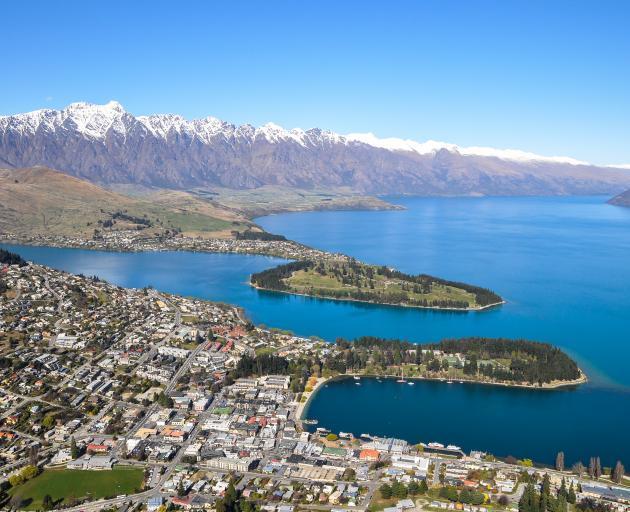
The month-on-month work-ready jobseeker and Covid income relief payment data released by the Ministry of Social Development showed claims continued to fall from the winter peaks, both in Queenstown and elsewhere in Otago and Southland.
Central Otago had also been hit hard by unemployment this year, while the Clutha district and Invercargill were least affected.
A total of 1534% more claims were made for income support in the Queenstown Lakes district in November than in the same month last year.
Last year, just 35 people were on work-ready jobseeker support, but 572 claimed either jobseeker or Covid income relief payments last month.
However, signs of a step in the right direction were seen in November, when there were 60 fewer claims for either benefit than in October.
Covid income relief payments were introduced by the Government for those who lost work between March and October. It entitled claimants to a higher rate of the jobseekers’ benefit for up to 12 weeks.

In Auckland 10,700 people accessed the benefit, from a population of about 1.7 million, while Queenstown Lakes had 595 claim it from a population of 40,000.
That meant almost 2.5% more than the City of Sails per head.
Independent Queenstown-based economist and former Infometrics regional lead Benje Patterson said the danger for Queenstown was a skills drain, as people moved away in search of work.
This could have an impact on the resort’s ability to ramp back up when the transtasman bubble was implemented, he said.
Businesses needed a date for the bubble so they could plan and provide more secure employment to those New Zealanders put off by unstable work in the hospitality and tourism sector, Mr Patterson said.
However, Queenstown had fared better than expected. While 40% of jobs had been predicted to go at the start of the pandemic, the reality had been only 5% or 2800 jobs lost.
This was not entirely reflected in unemployment claims because of the number of migrant workers in the town.
In Invercargill, there was a relatively mild increase in unemployment of just 32% year on year, the number of claimants rising from 1244 to 1646.
Dunedin had 55% more unemployed people than last year and Waitaki had 103% more.
Clutha and Central Otago experienced positive signs, recording 44 and 41 fewer claimants in November than in October respectively.












